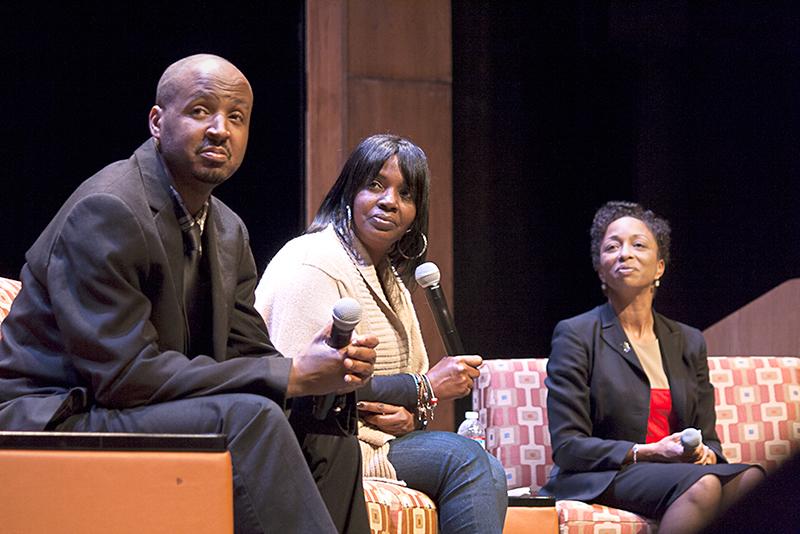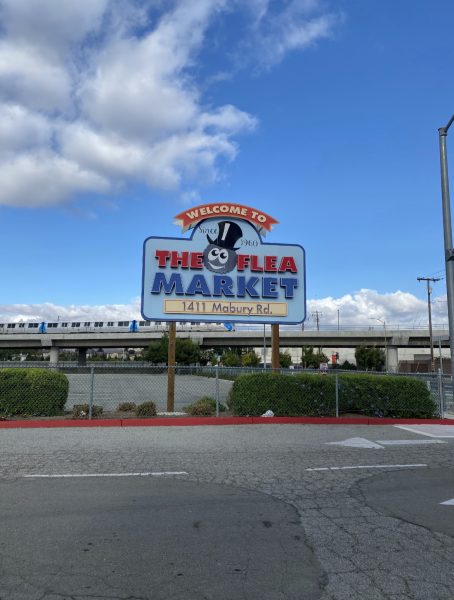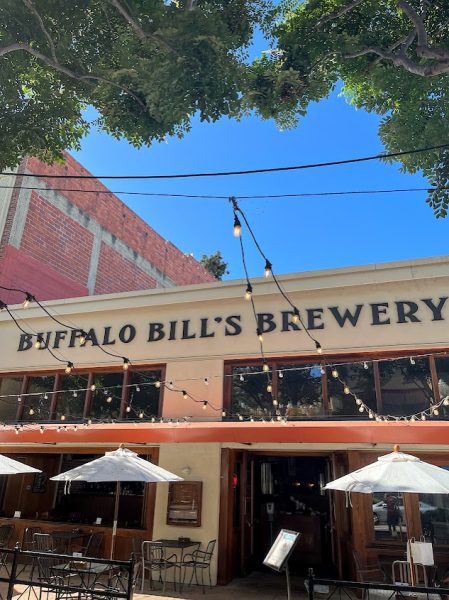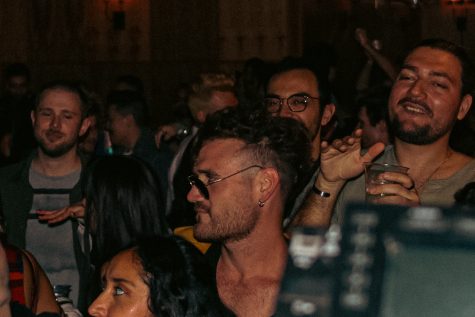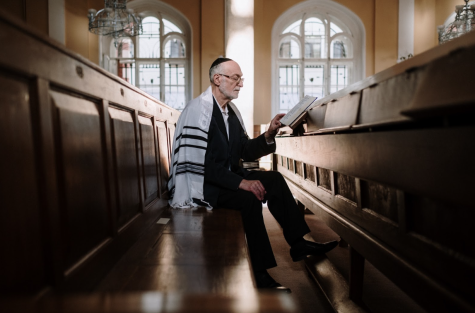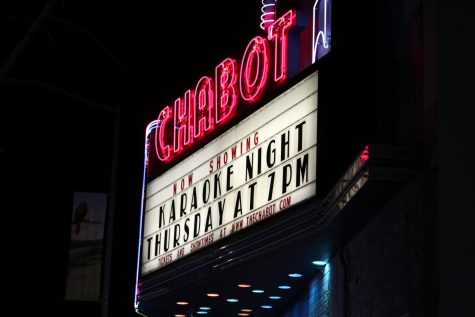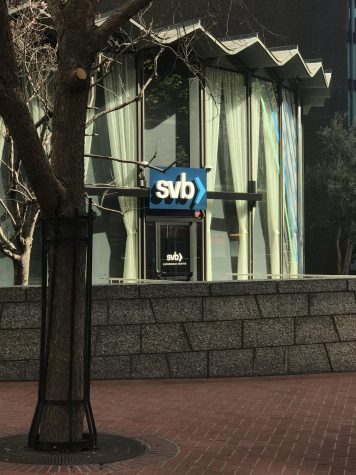Campus event discusses the legacy of Henrietta Lacks
Henrietta Lacks’s grandchildren spoke on campus about immortal cells.
Last Monday the story of Henrietta Lacks came to life for California State University, East Bay students and faculty as her grandchildren came to campus to speak about her ‘HeLa’ cells. Her cells are unique—they do not die.
Freshmen at CSUEB are required to read “The Immortal Life of Henrietta Lacks” by Rebecca Skloot and analyze the themes in her story such as history, health sciences, sociology, and ethnic studies.
Freshmen must read the book as part of the Freshman Learning Community Program, which aims to help students transition from high school to college by placing them together in classes to acclimate them to the university.
“The world finally knows more than HeLa,” said her grandson David Lacks Jr. “They know Henrietta Lacks and her legacy.”
Henrietta Lacks, an impoverished black woman, was diagnosed with malignant cervical cancer by Johns Hopkins Hospital in January 1951. Dr. George Otto Gey of Johns Hopkins Hospital took her cells without her knowledge in order to promote his cancer research.
As a part of the Diversity Office’s Week of Inclusive Excellence, her grandchildren David Lacks Jr. and Kim Lacks spoke on campus to inform people of her family’s story.
The Lacks family learned of the cells, named HeLa, in the 70’s when other family members had medical work done.
As it turns out, Henrietta’s cells are not only immortal, but also multiply and divide very quickly. Her cells can be added to any type of cell and they take over and become HeLa cells. To this day her cells are still being used for medical research.
HeLa cells were essential to the development of the polio vaccine, cloning, gene mapping, and even in vitro fertilization. The cells, still alive and growing today, are being used to find a cure for HIV and other diseases.
Her grandchildren say the family has not benefitted from the research related to the cells and the medical advancements they have been involved with. They believe they should be compensated for the research done with the cells.
Skloot is a family friend of 10 years and is now an “honorary Lacks” according to Kim Lacks. She says Skloot was instrumental to spreading her story.
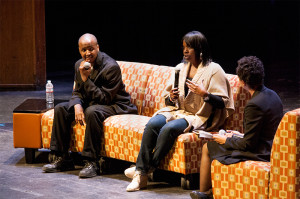
The family built a tight relationship of trust with Skloot, which they said was difficult. Everyone was in it for themselves according to Kim Lacks, but Skloot never gave up on the family.
Initially, her grandchildren said Johns Hopkins Hospital wanted nothing to do with the Lacks family once the family received knowledge about the cells existence.
Upon publishing the book, Johns Hopkins Hospital became slightly more willing to give information. The family believes that the hospital jumped on the “bandwagon” simply because everyone else was helping after the story went public.
“All these years and the family still doesn’t receive money from the HeLa cells. That’s absolutely absurd,” said Janee West, who attended the event.
Although her family believes both Henrietta Lacks and her husband David Lacks would approve medical research on the HeLa cells had they been informed, they believe that Johns Hopkins Hospital should have done more.
The family believes Dr. Gey, who took Henrietta Lacks’s cells, was not concerned with making money, or her race, however they do believe what the hospital is doing now is “nowhere near what they should be,” said Kim Lacks.
Recently, David Lacks Jr. became a part of the team to decide what is and is not allowed as far as testing on the cells of his grandmother, which he says is a huge step in the right direction for the Lacks family.
“The biggest lesson people can learn [from the story] is to become educated, ask questions, and be involved,” said David Lacks Jr.
Since the publishing of the book three years ago, the book has picked up in popularity. A film is being made by Oprah Winfrey to continue to help keep the legacy going.




